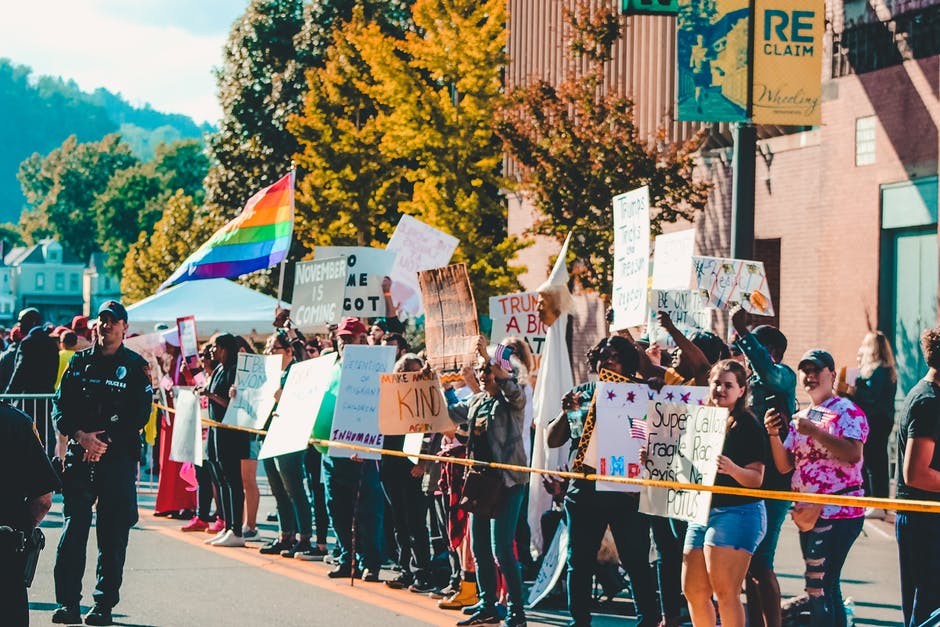Beyond winning to living well
How can we look beyond the next thirty days and focus on our whole lives?

Judge Brett Kavanaugh has been confirmed to the Supreme Court. And now, people on the left scramble to figure out what to do, considering many of the rights and freedoms for people of color, women, and LGBTQ people may be in danger.
Some hold on to Michelle Obama’s advice, “When they go low, we go high.” Others say that you can’t bring roses to a gun fight and expect to get out alive. They argue that the reason why progressives lost the last presidential election is because we didn’t go low enough.
Some hold strong for the midterms, counting on a blue wave to flood the map. Others remind us of the grave injustices inherent in the voting process, where gerrymandering, partisanship, racial discrimination, the electoral college, and class bias rob people of their vote and leave them feeling disenfranchised.





